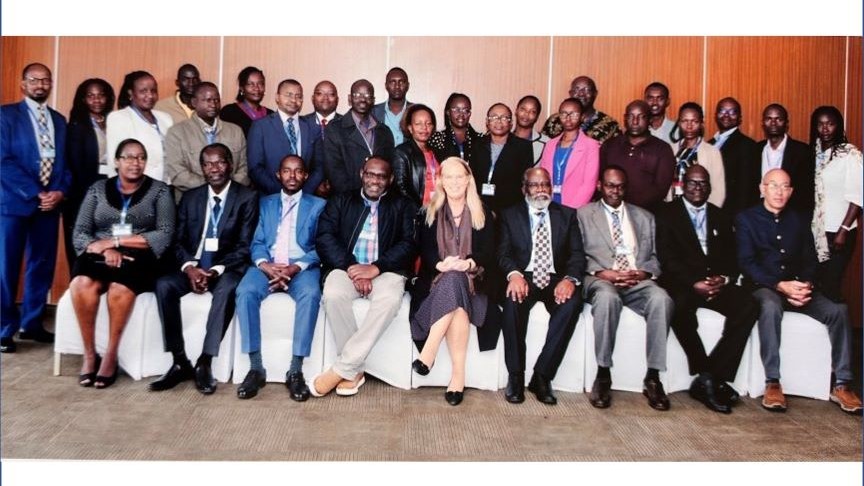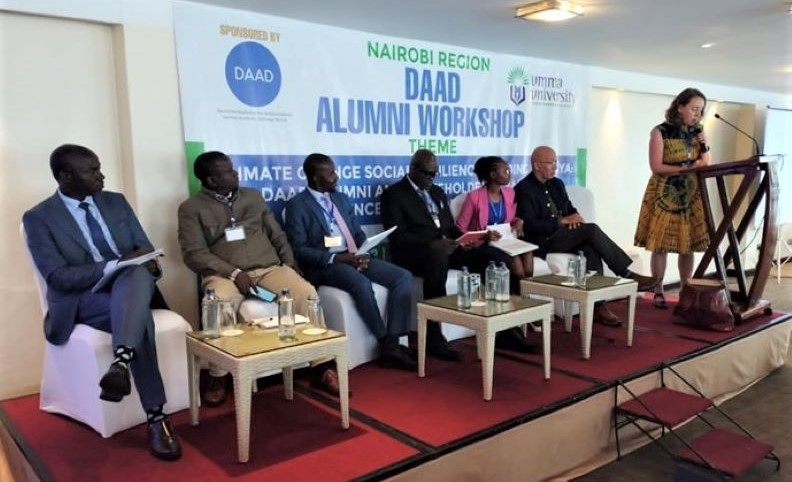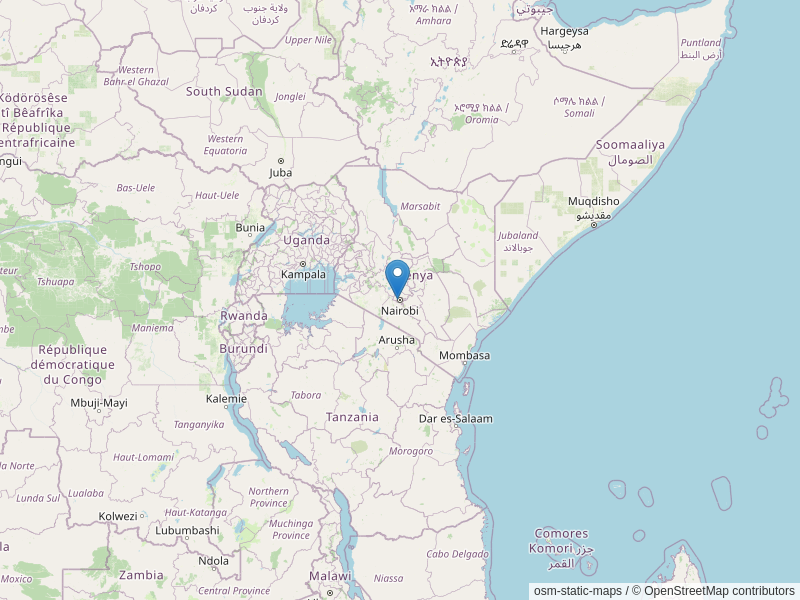Are we ready? How Kenya’s scientists can help communities in the face of climate change

The workshop was organized by Dr. Ali Adan Ali, a DAAD alumnus and Senior Lecturer/Senior Research Fellow at the School of Education and Social Sciences of Umma University, at the University and was attended by 41 participants drawn from DAAD Alumni, community representatives, and researchers from public Kenyan research institutes. Attendees shared their expertise, ideas, and experiences regarding making Kenyan communities more climate-resilient during the workshop.
Climate change has caused four years of below-average rainfall in Kenya, forcing the government into emergency mode and stalling policy development. Stagnant growth raises inflation concerns. Stewardship, governance, and science-based policies may reduce catastrophic risks. The government has promoted agricultural insurance, irrigation, maize imports, and subsidized fertilizers to farmers in response to climate change. During the workshop, it became clear that several organisations—including government agencies, academic institutions, the commercial sector, civil society groups, and development partners—have contributed significantly to the social resilience of their respective communities. However, it was unclear what these initiatives had accomplished for grassroots communities as scientific data were absent.

© DAAD Kenya
Workshop participants recommended climate change, Artificial Intelligence, and machine learning consultation platforms for social sustainability, policy debate, and decision-making as well as support for DAAD Alumni research and capacity-building activities. Another recommendation was postgraduate proposal writing and grant-winning training. The workshop also suggested universities becoming green hubs for teaching, research, and development via collaborations, and “DAAD Alumni in communities”, which would give DAAD alumni the opportunities to promote small but beautiful positive actions in communities to help them socially transform.

© DAAD Kenya








